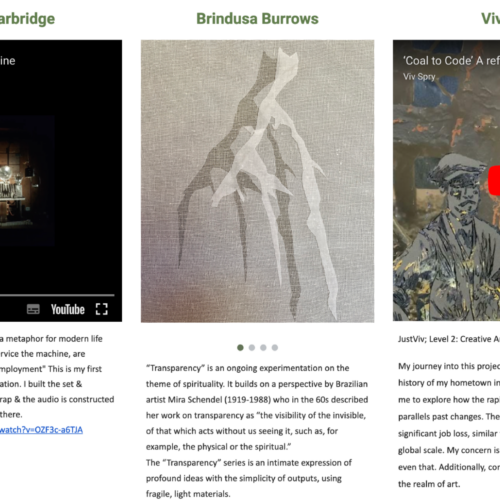
Something else altogether
Writers are defined by the genre in which they write and publish. Novelists – Martin Amis and George Eliot. Poets – Sylvia Plath and Rupert Brooke. Biographers – Claire Tomalin and Lytton Strachey. Labels constrain. It’s important for writers to find out through practice the genres in which they write well. Equally important is the freedom to experiment.
There are numerous examples of contemporary writers who switch between fiction and non-fiction and who are successful in both. John Lanchester has dissected the causes and consequences of the 2008 financial crisis factually and fictionally. In 2010, the non-fiction study ‘Whoops! Why everyone owns everybody and no-one can pay’ was published. Just over two years later came ‘Capital’, a novel set in London and busy with characters on a spectrum from the repellent to the humane who between them make the near-collapse of the financial system seem inevitable.
In 1989 and 1995, Victoria Glendinning surprised us with novels, first ‘The Grown-Ups’ then ‘Electricity’, cuckoos in the nest of the literary lives for which she is chiefly known. In 2003 and after spending time with Anthony Trollope and Rebecca West came ‘Flight’, a love story set in our own times.
As well as his journalism and radio essays, Will Self has published novels, novellas, short stories and non-fiction. His novel ‘Umbrella’, shortlisted for the Man Booker Prize this year, forces readers to take a long, hard look at how our society treats the mentally ill. It’s an uncomfortable read. No wonder Penguin’s blurb in ‘The Book of Dave’ declares: ‘There is nobody quite like him writing today.’

OCA creative writing student Shani Thomas is an American living in France who has made the transition from non-fiction to fiction. With some non-fiction pieces already published, Shani signed up for her first OCA course in 2009, feeling that she was lacking the skills that would take her from being ‘an okay writer to a good writer’.
She describes her pre-OCA work as ‘how-to articles that I could easily connect the dots on – “First you do this, then you do that…etc”’. For Shani, fiction was daunting– ‘something else altogether’. She did have a process, but it wasn’t one that worked: ‘I would jot down my story ideas, write a few pages and then give up. I ran out of steam, not having the skills I needed to carry on.’
What has changed is that Shani now knows how to form her ideas into a story, to develop her characters, to write dialogue and to make use of story events and conflict in her fiction. She brainstorms her ideas, writes an outline, then a treatment. Then she starts writing.
‘Treatments are most often associated with screen plays,’ explains Shani, ‘but I think it works for all fiction. It seems to me that having a treatment to follow, before you even begin writing, might be a good way to avoid that dreaded writer’s block.’ That’s Shani’s experience. What is the experience of others who have made the transition from non-fiction to fiction (or the other way round)?
An unexpected consequence of working on her fiction is that Shani has seen improvements in her non-fiction writing too. A non-fiction piece she had written and failed to find a market for she has rewritten, based on what she has learnt. The second time around, she had no difficulty finding a publisher.
Shani Thomas’s short story, ‘Christ’s Salvation’, was published by Wild Violet in November 2013
Photo credit: fisserman used under a Creative Commons Licence






Congratulations to Shani for finding a way into fiction and getting published. It’s good to hear how fiction writers can make use of a treatment which is really a screen-writer’s tool. As a tutor, I know it won’t do for everyone since some writers are explorers rather than planners. But it takes all sorts to make up the world of writers.
Good to read “Something else altogether” so very unexpectedly…thought of giving myself a brake, and found excitement instead; much better,raising my brake to the heights of cube. Happy for Shani Thomas with her publishing success ” Christ’s Salvation”, with many more to come. It does give encouragement to us all, As I recall a very fatherly teacher of mine told me..” we will travel together talking and searching… in new places with an extra pair of eyes …”. So I started my first lesson in English…glad to have that extra pair,and move around with it everywhere. I imagine success is publishing a dream of giving a voice to something burning inside, to be of value to the people in all walks of life. Nicholas Poulcherios. Storylines level 2.
you did a well comment for clearing the all issue